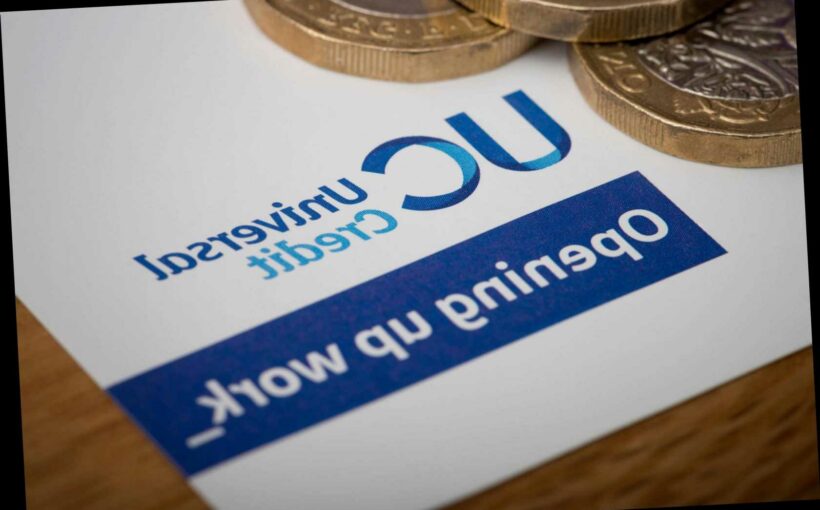HARD-UP families will fall behind in paying their essential bills in the next three months – as a crucial cash lifeline is decided within weeks.
Ministers are under pressure to keep a £20-a-week Universal Credit uplift as sixty per cent of households claiming will struggle or fall further behind financially – twice the national average.
🦠 Read our coronavirus live blog for the latest news & updates
A third of those claiming since the start of the pandemic have either acquired new debts or can’t pay back existing debts with one in five falling behind on paying bills, a study showed.
Chancellor Rishi Sunak is locked in talks with Welfare Secretary Therese Coffey about extending the £20 uplift first announced in March last year.
Discussions have focused on a one-off cash payment for families or extending the flat rate additional cash until COVID measures remain before helping those most in need.
Coffey last week said: “Previous experience would be that a steady sum of money would be more beneficial to claimants and customers to help with that budgeting process.”
Tory MPs in so-called “red wall” seats who took Labour strongholds at the 2019 election are urging the Chancellor not to cut off the support while large parts of the economy remain shut down.
Six million people are currently claiming Universal Credit with around three-in-five making a claim last year. The annual bill is £6 billion.
More than a million made a new application at the start of the crisis in April and May last year.
The research by the Resolution Foundation found almost half seeing their income drop by at least a quarter with one-in-three seeing their income fall by at least 40 per cent.
Karl Handscomb, Senior Economist at the Resolution Foundation, said: “Over three million people have started claiming Universal Credit since the pandemic began, including 1.4 million people who moved onto the benefit right at the start of the crisis.
“As the pandemic reaches its eleventh month – a depressing duration few expected last March – the income shock from with moving onto Universal Credit has evolved into mounting debts and arrears on essential bills.
“The Chancellor was right to raise Universal Credit to support families through tough economic times.
“And with tough times set to continue as unemployment rises through 2021, this vital boost to family incomes must be maintained.
“Cutting the incomes of six million families in just two months’ time, when public health restrictions are still likely to be widespread, makes no sense politically, economically, or in terms of raising people’s living standards.”
David Finch, Senior Fellow at the Health Foundation, said: “It is vital that the government protects the nation’s health by keeping the Universal Credit uplift, and there is strong public backing to do so.”
A Government spokesperson last night said: “We are committed to supporting the lowest-paid families through the pandemic which is why we’re spending hundreds of billions to safeguard jobs, boosting welfare support by billions and introducing the £170million Covid Winter Grant Scheme to help children and families stay warm and well-fed during the coldest months.”
YouGov interviewed 6,389 UK 18 to 65-year-olds, of whom 371 were in families receiving UC. Fieldwork was carried out online between January 22 and 26.
GOT a story? RING The Sun on 0207 782 4104 or WHATSAPP on 07423720250 or EMAIL [email protected]
Source: Read Full Article


